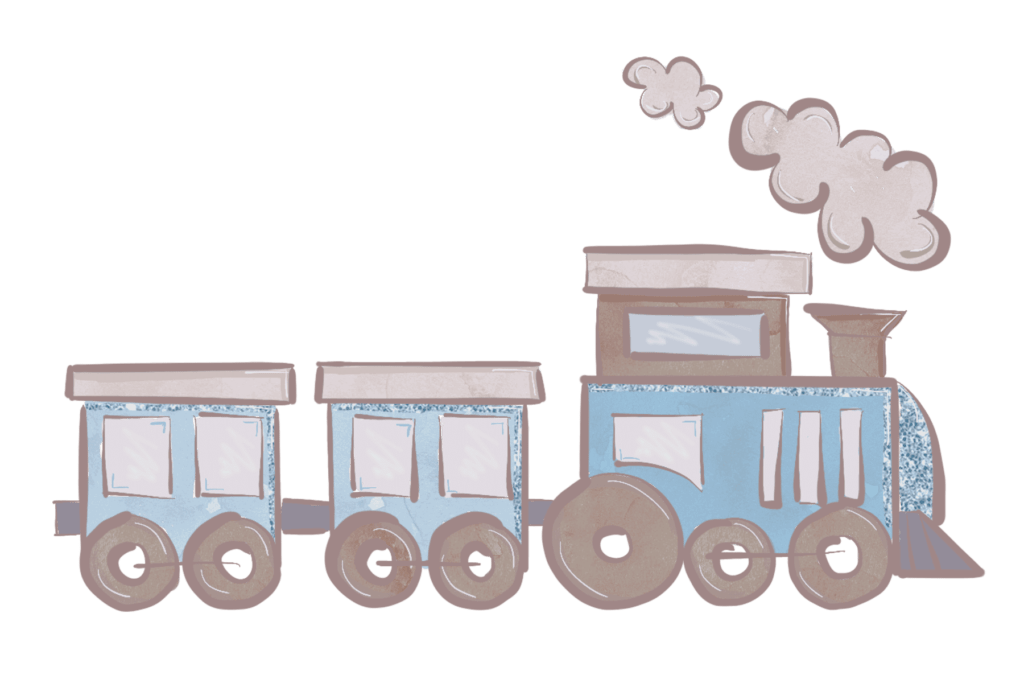
From their first adorable babble to their first word, hearing your baby start to communicate is an exciting milestone for any parent. But how can you encourage their language development and help them unlock the world of words? In this article, we’ll explore the best strategies to support your baby’s language skills and foster their early communication abilities.
Research has shown that babies start absorbing language from the moment they are born. By engaging with them in meaningful conversations, exposing them to a variety of words and sounds, and creating a language-rich environment, you can play a vital role in their language development journey.
In addition to these strategies, we’ll also tackle the common concerns that parents have, such as how to differentiate between typical language development and potential speech delays. By understanding the milestones and using practical tips, you’ll be equipped to support your baby’s language development every step of the way.
So, get ready to witness those first precious words and pave the way for your baby’s linguistic adventure. Let’s dive in and unlock the secrets to encouraging language development in your little one.
Language development is a crucial aspect of a baby’s overall development. It lays the foundation for their ability to express themselves, understand others, and engage in social interactions. Research has shown that babies who have strong language skills in early childhood tend to have better cognitive, emotional, and social development later in life.
During the first year, babies experience rapid brain development, and this is a critical period for language acquisition. By actively engaging with your baby and providing them with rich language experiences, you can help stimulate their brain and support their language development.
One important aspect of language development is the ability to communicate effectively. By encouraging your baby’s language skills, you are not only helping them express their needs and wants but also building a strong foundation for their future academic success. Language is the gateway to learning, and the more words and concepts your baby is exposed to, the better equipped they will be to navigate the world around them.
Language development in babies progresses through various milestones in the first year of their life. While every baby develops at their own pace, having a general understanding of these milestones can help you track your baby’s progress and identify any potential concerns.
0-3 months: In the first few months, babies start to make cooing and gurgling sounds. They respond to familiar voices and may even begin to imitate some sounds. At this stage, they are laying the groundwork for future language development.
4-6 months: By this age, babies start babbling and making repetitive consonant-vowel combinations, such as “ba-ba” or “ma-ma.” They may also start responding to their name and showing interest in conversations happening around them.
7-9 months: Around this time, babies begin to understand simple words, such as “bye-bye” or “no.” They also start using gestures, such as waving or pointing, to communicate their needs. Additionally, they may start imitating familiar words or sounds.
10-12 months: As the first year comes to an end, babies’ language skills continue to develop rapidly. They may start saying their first words, such as “mama” or “dada,” and understand simple instructions. They also become more aware of the social aspect of communication, responding to simple questions and engaging in back-and-forth interactions.
By being aware of these milestones, you can celebrate your baby’s progress and identify any areas that may need additional support or intervention.
Now that we understand the importance of language development and the milestones to look out for, let’s dive into the strategies that can help you support your baby’s language development journey.
Reading to your baby from an early age has numerous benefits for their language development. It exposes them to a wide range of vocabulary, helps them develop listening skills, and fosters a love for books and storytelling. Here are some tips to make the most of your reading sessions with your baby:
Remember, it’s never too early to start reading to your baby. Even if they can’t understand the words yet, they are still benefiting from the exposure to language and the bonding experience with you.
Engaging in meaningful conversations with your baby is one of the most effective ways to support their language development. Here’s how you can make the most of your everyday interactions:
By treating your baby as a conversation partner, you are validating their attempts at communication and laying the foundation for future language skills.
Music has a powerful impact on language development in babies. The rhythm, melody, and repetition of nursery rhymes and songs help babies develop phonological awareness and improve their vocabulary. Here are some tips for incorporating music into your baby’s daily routine:
Remember, you don’t need to have a perfect singing voice to engage your baby with music. It’s the interaction and shared experience that matter the most.
Baby sign language is a powerful tool for enhancing communication skills in pre-verbal babies. It allows babies to express their needs and wants before they can speak verbally. Here are some tips for introducing baby sign language to your baby:
Introducing baby sign language not only enhances your baby’s communication skills but also strengthens the bond between you and your baby as you learn and communicate together.
Creating a language-rich environment at home is essential for supporting your baby’s language development. Here are some tips to create a language-rich environment:
Remember, your baby learns best through meaningful interactions with you and their environment. By creating a language-rich environment, you are providing them with constant opportunities for language learning and growth.
While every child develops at their own pace, it’s essential to be aware of potential language development red flags. If you notice any of the following signs, it may be time to seek professional help:
If you have any concerns about your baby’s language development, it’s always best to consult with a pediatrician or a speech-language pathologist. Early intervention can make a significant difference in your baby’s language development journey.
Encouraging your baby’s language development is an exciting and rewarding journey. By implementing the strategies discussed in this article, you can create a language-rich environment, engage in meaningful conversations, and support your baby’s language milestones.
Remember, every baby develops at their own pace, so celebrate their progress and enjoy the process. From their first adorable babble to their first words, you are playing a vital role in unlocking the world of language for your little one.
So, get ready to witness those first precious words and pave the way for your baby’s linguistic adventure. With your love, support, and guidance, your baby will thrive in their language development journey.





Stay informed of any upcoming sales and promotions

Brisbane, Qld 4511












